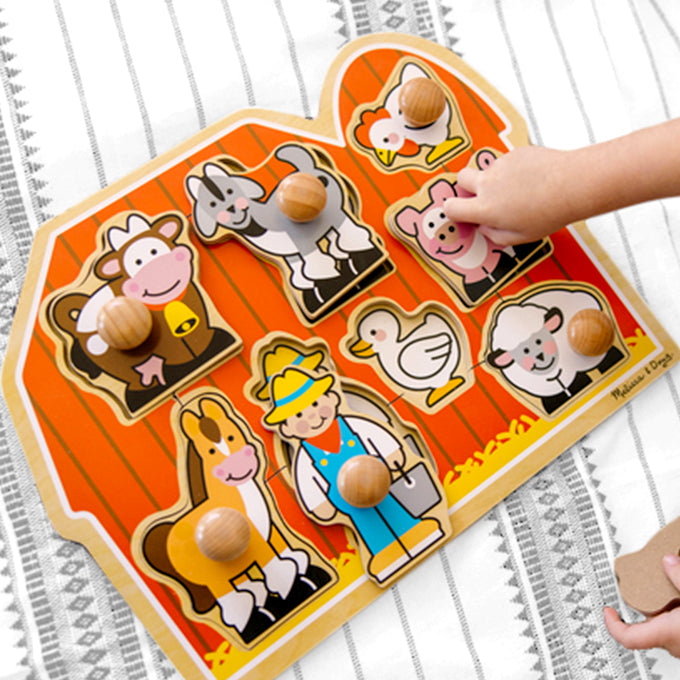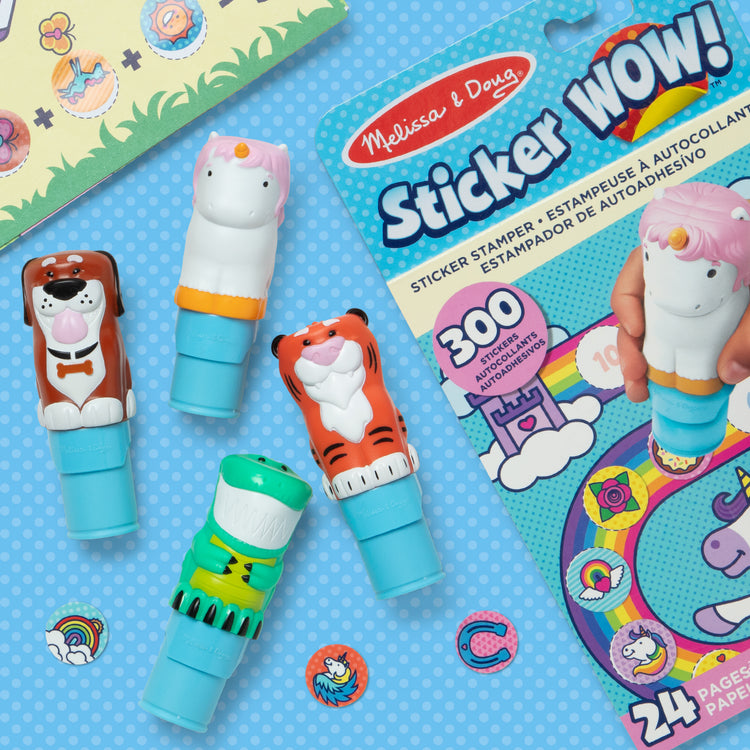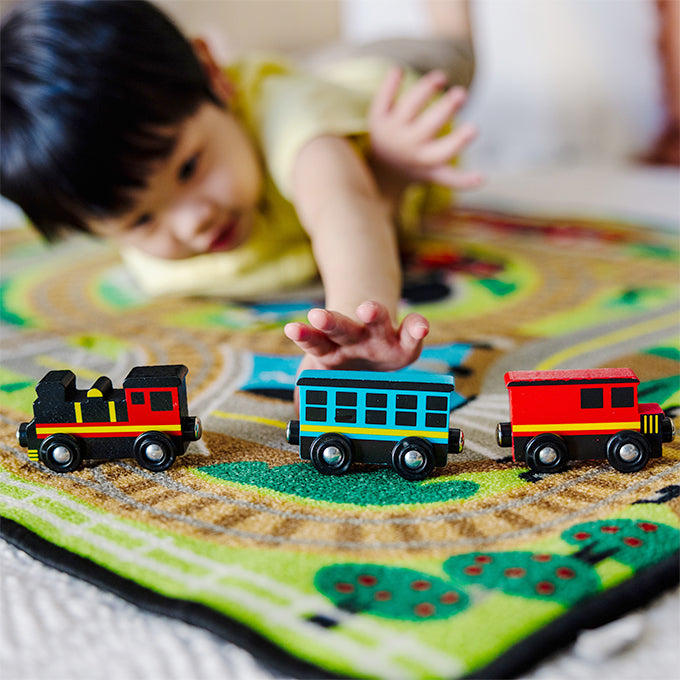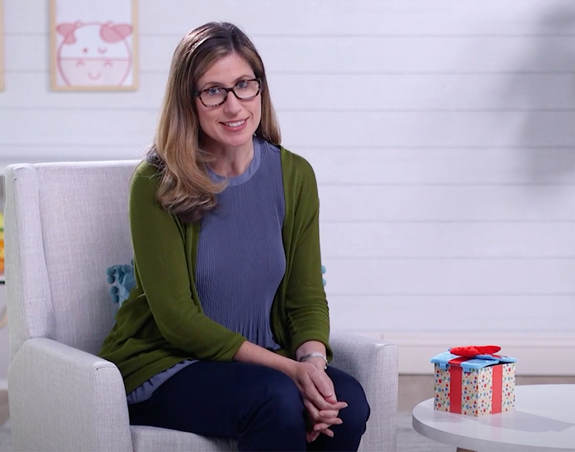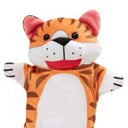Dr. Jenny Shares her Playtime Tips for Parents & Caregivers
In the latest edition of our YouTube video series, Dr. Jenny Radesky—a developmental behavioral pediatrician, mother of two, and contributor to Melissa & Doug's Living Playfully blog—shares with parents and caregivers her tips and insights on how play creates a foundation for life skills.
In this video, Dr. Jenny shares practical playtime tips as she observes kids playing with the Melissa & Doug Wooden Surprise Gift Box toy.
As Dr. Jenny says to encourage parents and caregivers: Remember, there's no one perfect way to play…playing with your baby or toddler builds personal connections that help them develop empathy and other key skills that will be important when they reach school age. You've got this!
Now streaming on YouTube: Play Tips With Dr. Jenny! Watch the video above and be on the lookout for more great video content from Dr. Jenny and Melissa & Doug!
Highlights:
- Empathy: It's easy to see your kids developing skills when it comes to letters and numbers; it's more challenging to know if your child is successfully developing "soft" skills such as empathy. But play is actually great for teaching kids empathy, thanks to the back and forth that naturally occurs, helping parents and caregivers make those connections that help build empathy. For example, when a child gives an adult a toy and sees them smile, they smile back in response.
- Sensory Processing: The Wooden Surprise Gift Box offers a host of sensory play options that help kids develop their senses of touch, sight, sound, and movement. Dr. Jenny suggests taking note of the emotions your child displays during various play patterns with sensory toys, which will help parents and caregivers deal with those big toddler emotions, and help avoid tantrums before they erupt.
- Object Permanence: Around the age of 9 months, kids start to develop this ability called object permanence—the idea that an object doesn't just disappear because you can't see it. That's why peek-a-boo games are such a big hit with babies and toddlers. Not only does the Wooden Surprise Gift Box help children develop empathy through the gift giving-receiving dynamic, it helps them develop object permanence every time you "hide" a gift inside.
This website is not an attempt to practice medicine or provide specific medical advice, nor does use of the site establish a physician-patient relationship. The use of this web site does not replace medical consultation with a qualified health or medical professional to meet the health and medical needs of you or others.




